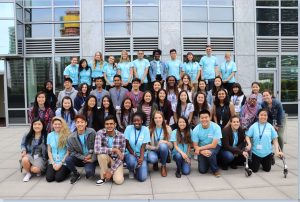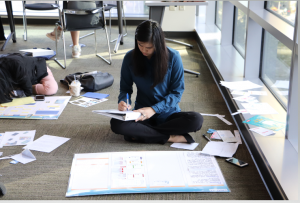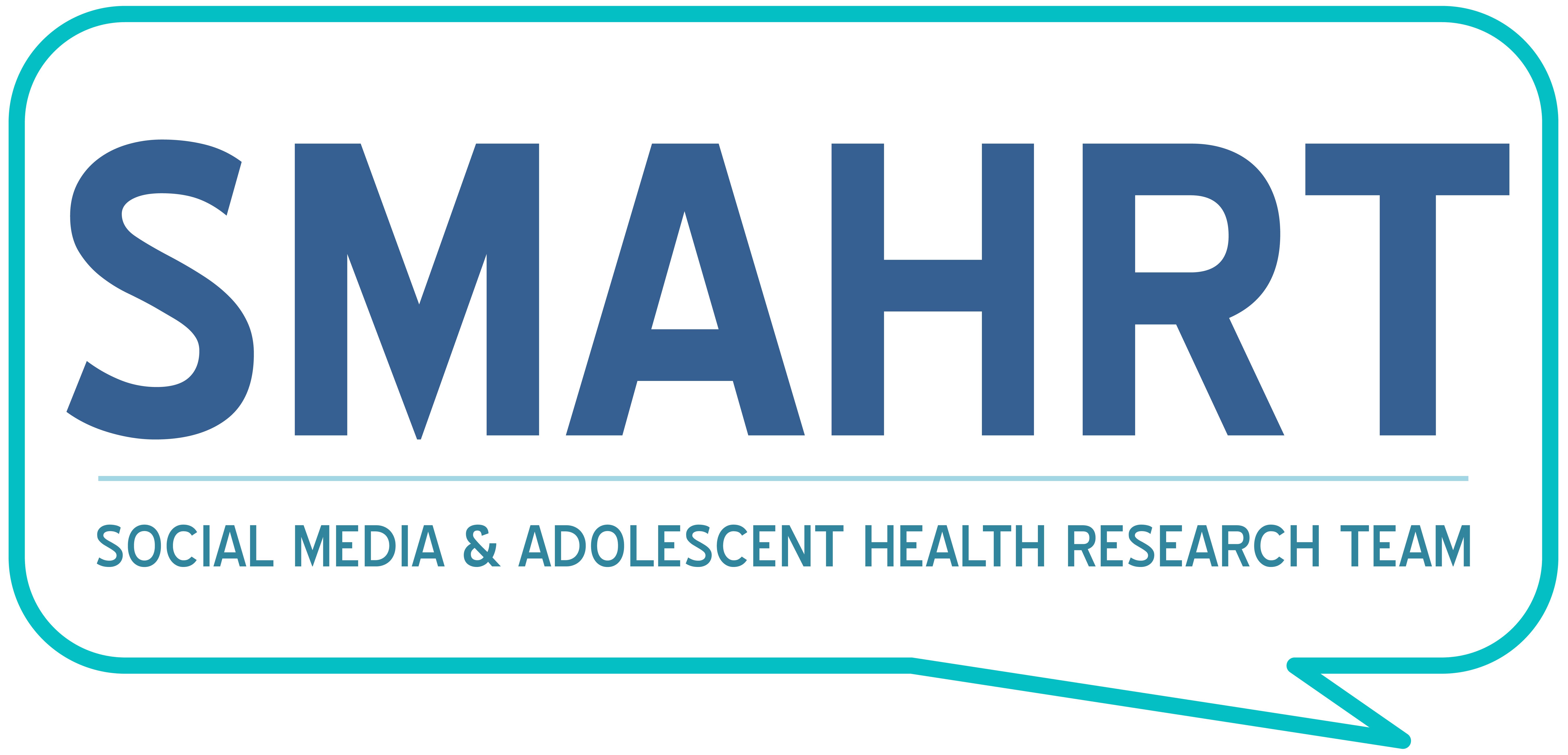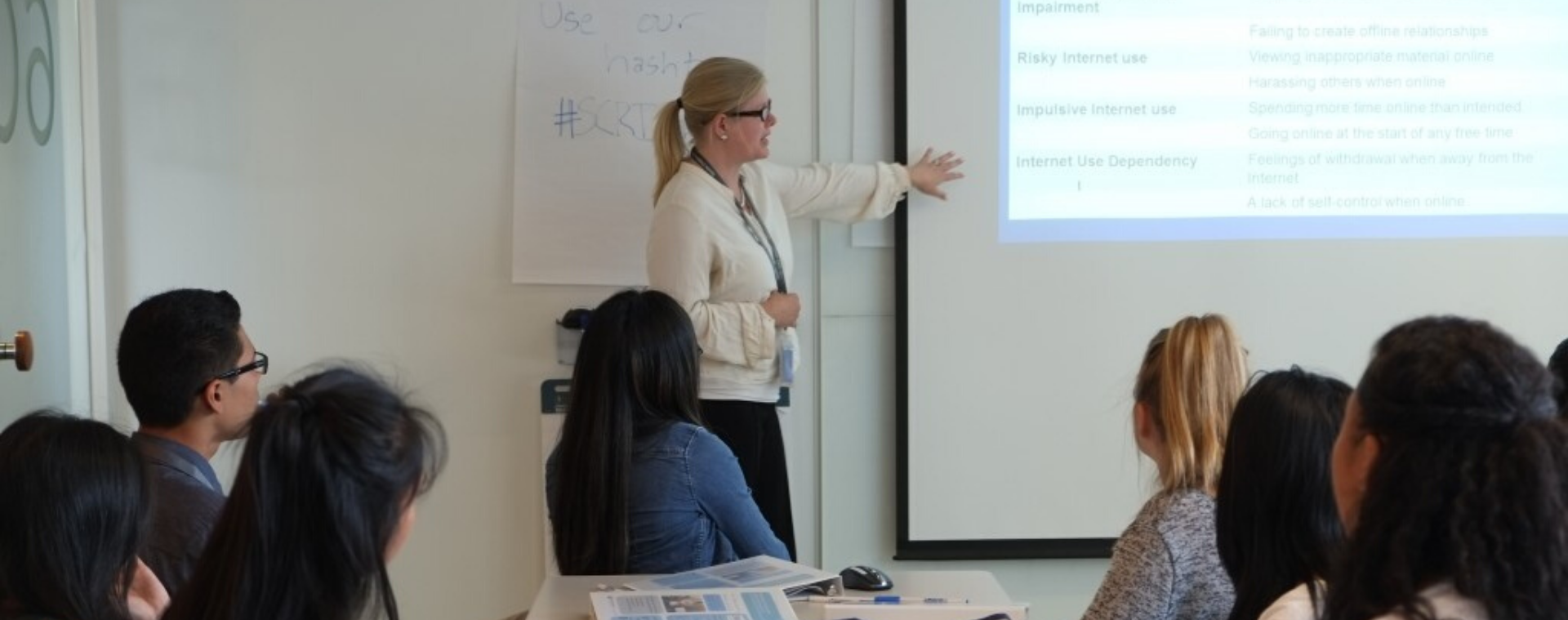
Today’s high school students work harder than ever to be the best college candidates they can be. They need exceptional grades, high SAT scores, and involvement in clubs and other extracurricular activities. While some students may have many opportunities to gain pre-college experience and learn about diverse career paths, some students do not. The Social Media and Adolescent Health Research Team (SMAHRT) Created the Summer Research Scholars (SRS) program with the intention of providing hands on education and exposure to diverse careers in research.
During the program, Scholars are exposed to science in ways that they have not been exposed to before. Novi Kaur, a 2015 SRS alumna, said that learning about careers in science beyond nursing was the most impactful part of the program. She wasn’t aware of all the paths she could pursue until SRS, she said. When she applied, Kaur was interested in pediatrics, and though this hasn’t waned, SRS taught her she could practice pediatric medicine while also conducting research, like SMAHRT’s principal investigator, Dr. Megan Moreno.
Providing students with the exposure to different career paths in research is essential, because many of these alternate routes are not taught in school. In addition to widening her worldview, SRS was an important addition to Kaur’s university applications and resume, as it further proved her interest, dedication and experience. This fall, she will be attending the University of Washington, where she plans to study psychology or sociology.

SRS is also important because of its aim to increase minority participation in research. When a woman, person of color or other member of a minority group enters science, they may encounter bias as they attempt advancing in their organization.
Nikita Midamba, a Clinical Research Associate with SMAHRT, has personally faced discrimination in the medical field because of her gender and skin color. She has explicitly been told that women should not be engineers, and she has also been questioned about being an engineer because she was a black woman. Despite these stand-out examples, she said the discrimination she most often faces is implicit, not explicit. In her experience, this implicit discrimination usually comes in the form of having to prove her intelligence because she is a black woman, whereas the supposed intelligence of a more privileged person is often taken for granted.
For Midamba, discrimination was upsetting—but it was also her motivation to prove people wrong, by showing them how she can do something that they told her she can’t do. Midamba was also motivated to encourage other women and minorities to get into science because she sees their essentiality in the science community where they are underrepresented. This is why she thinks that Scholars is such an important program.
Jesse Gritton, another Clinical Research Associate with SMAHRT, has faced similar biases as Midamba has. She recalled being questioned about what path she should go into in the medical field and social-work and nursing, more stereotyped feminine roles, were strongly recommend to her. “Summer Research Scholars tries to address these subtle biases and tries to integrate women and minorities into science,” she said. SRS is aimed, in part, at breaking this cycle by providing students who have historically been excluded or discouraged from practicing science, the opportunity to grow and practice research in an award-winning research institute. By increasing the presence of members of minority groups in science, we believe that science methods and outcomes will be enhanced from the excellence that comes from diversity.

